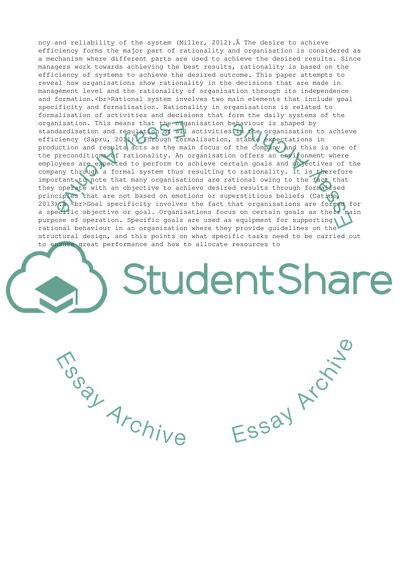Cite this document
(“Are organizations rational Assignment Example | Topics and Well Written Essays - 1500 words”, n.d.)
Are organizations rational Assignment Example | Topics and Well Written Essays - 1500 words. Retrieved from https://studentshare.org/management/1628194-are-organizations-rational
Are organizations rational Assignment Example | Topics and Well Written Essays - 1500 words. Retrieved from https://studentshare.org/management/1628194-are-organizations-rational
(Are Organizations Rational Assignment Example | Topics and Well Written Essays - 1500 Words)
Are Organizations Rational Assignment Example | Topics and Well Written Essays - 1500 Words. https://studentshare.org/management/1628194-are-organizations-rational.
Are Organizations Rational Assignment Example | Topics and Well Written Essays - 1500 Words. https://studentshare.org/management/1628194-are-organizations-rational.
“Are Organizations Rational Assignment Example | Topics and Well Written Essays - 1500 Words”, n.d. https://studentshare.org/management/1628194-are-organizations-rational.


